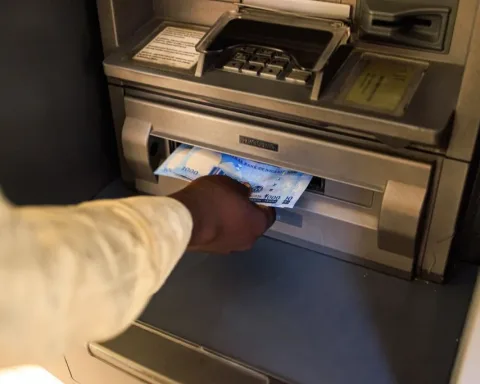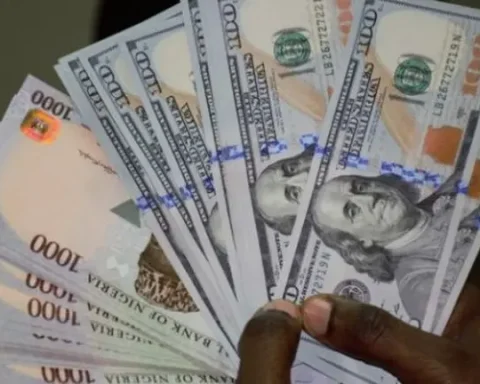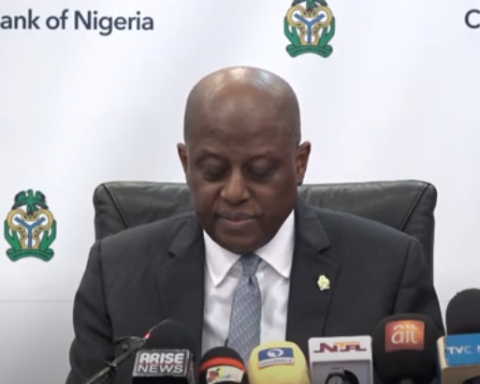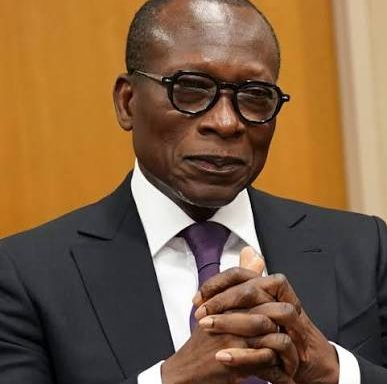Nigeria’s Letter of Credit Payments Drop Amid Forex Crisis
Nigeria’s economy is feeling the impact of a severe forex crisis, with the country’s Letter of Credit (LC) payments for the first seven months of 2024 plummeting by 57.04%.
According to the Central Bank of Nigeria (CBN), LC payments dropped to $391.91 million, a significant decrease from $912.35 million during the same period in 2023.
Join our WhatsApp ChannelA Letter of Credit is a crucial financial instrument used to import goods, where a bank guarantees payment to the exporter on behalf of the importer.
The sharp decline in LC payments has been linked to several factors, including the exit of multinational companies, escalating customs duties, and the unstable foreign exchange market.
Forex Crisis Drives Multinationals Out of Nigeria
Economic analysts have pointed to the forex crisis as a key driver behind the exit of multinational companies from Nigeria.
Tunde Amolegbe, Managing Director of Arthur Steven Asset Management Limited, noted, “The decline in LC payments is no surprise given the unstable exchange rate, skyrocketing customs charges, and the exit of major international companies. This trend directly results from the forex crisis that has gripped the country.”
Amolegbe added that there might be a slight improvement in the situation due to recent tax waivers for essential food imports. “Stability in the forex market, coupled with lower interest rates and a harmonized tax regime, could help,” he said.
Naira’s Value Plummets Amid Ongoing Forex Crisis
The naira has fallen by approximately 70% since May 2023, when President Bola Tinubu took office. This steep decline has exacerbated the forex crisis, leaving businesses struggling to manage their international transactions.
READ ALSO: Forex Crisis Hits Nigerian Ports, Operators Lament 2.39% Drop in Container Import
The Central Bank of Nigeria has made several attempts to boost liquidity, but these efforts have yet to yield significant results.
Tajudeen Ibrahim, Director of Research and Strategy at Chapel Hill Denham, commented on the situation, saying, “Nigerian businesses are trying to pay down their Letters of Credit, which shows some improvement in dollar liquidity. However, the overall impact of the forex crisis continues to be felt across the economy.”
Impact of Forex Crisis on Import Payments and Local Production
Rotimi Fakayejo, an economy and capital market analyst, emphasized that inconsistent foreign exchange availability is a major factor in the decline of LC payments.
“If importers can’t access forex or secure Letters of Credit, it severely impacts their business. This has led to a reduction in imports, particularly in sectors like vehicle importation,” he explained.
Fakayejo also highlighted that the ongoing forex crisis might inadvertently boost local production. “With fewer imports, local production should become the norm. The expected commencement of operations at local refineries, including the Dangote Refinery, should improve dollar availability and ease the forex crisis to some extent.”
Potential Long-Term Effects of the Forex Crisis
The forex crisis could have both positive and negative long-term effects on Nigeria’s economy. Investment banker Tajudeen Olayinka noted that while the crisis might push the country towards more local production, it could also create immediate challenges such as high inflation and economic stagnation.
“The slowdown in Letters of Credit could lead to a scarcity of foreign goods, prompting a shift towards local production. However, this transition might take time, and the economy could suffer from inflationary pressures in the short term,” Olayinka said.
As Nigeria navigates through this forex crisis, the government and financial institutions are under pressure to find solutions that will stabilize the naira and revive the economy.
The future of Nigeria’s international trade and overall economic health hangs in the balance as stakeholders weigh the potential outcomes of the ongoing crisis.
Emmanuel Ochayi is a journalist. He is a graduate of the University of Lagos, School of first choice and the nations pride. Emmanuel is keen on exploring writing angles in different areas, including Business, climate change, politics, Education, and others.

















